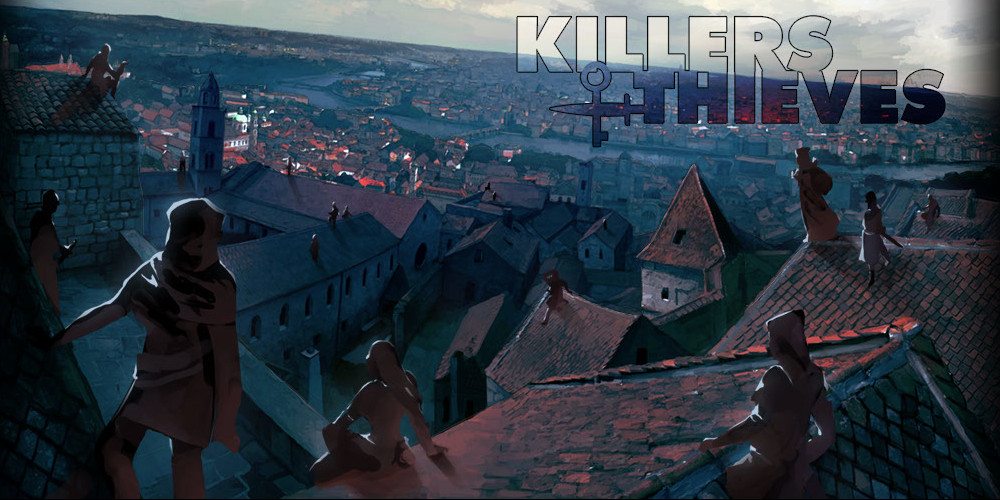Nylon Road is a graphic memoir by Parsua Bashi about growing up in Iran. A U.S. edition is set to be released November 10 by St. Martin’s Press, and I received an advance copy to review. The book exposes many of the harsh realities of life in Iran, particularly for women, but also tempers it with a European perspective.
Bashi’s book will inevitably draw comparisons to Persepolis (and indeed, Bashi references and acknowledges a debt to Persepolis), but it’s a quite different book. Unlike Persepolis, which focused mostly on Marjane Satrapi’s childhood, much of Nylon Road takes place in the present, after Bashi left Iran for Switzerland. She had been living in Zurich since 2004, and had been feeling dissatisfied with her situation: unable to get a decent job, unable to learn German or English, yet not really wanting to return to Iran.
But then she started seeing various incarnations of her past selves, beginning with herself at age six. It wasn’t absolutely clear to me if she was literally seeing these figures or if it was just a literary device for the book, but perhaps that doesn’t really matter. What this allowed her to do, though, was to have a conversation with herself at different points in her life: at age sixteen, fearful of the Iran-Iraq War; at age 35, super-patriotic and contemptuous of Arabs and religious laws; at age 23, rushing into a marriage that turned out badly.
This setup also gave her a way to express both sides of the issue. Her younger self couldn’t believe her present self was going to dinner parties, talking about brand names or recipes. Or at another age, she might be shocked by the way Europeans dressed, or photos in a magazine. But her present self would set about defending her current lifestyle, and between the two the reader gets the benefit of a more balanced perspective. What it really reveals is how little the two cultures really know about each other, let alone being able to understand and sympathize with each other.
It’s an eye-opening book, particularly in the treatment of women in Iran. When she wanted a divorce, she was given no rights to her young daughter, and eventually had to simply let her go. But while portraying these events from her past, Bashi also speaks up about ways in which Europeans or Americans are insensitive or unfair.
The artwork is not as stylized and simplified as, say, Persepolis or Art Spiegelman’s Maus, but does border on cartoonish from time to time. It runs the range from exaggerated expressions to more realistic portraiture, and the illustrations do a pretty good job of conveying the mood of the accompanying text.
I found the book to be a little disjointed, perhaps because the visitations jumped around chronologically, though I don’t know if it would have been better to put them in order. The chapters are sometimes a little disconnected from each other, more like a collection of essays than one cohesive story.
Still, I do think that the book is worth reading, if for no other reason than that there’s very little like this, and it takes guts to describe a difficult life with such honesty and candor. If everyone had access to more books like Nylon Road, then perhaps we would have an easier time taking somebody else’s perspective into account.
The first chapter is available for download as a PDF, so you can get a feel for what the book is like. While it may not seem like typical GeekDad reading material, I think it may be a valuable book for teenagers to open their eyes to life outside our small circle of experience.
Download the first chapter of Nylon Road.


